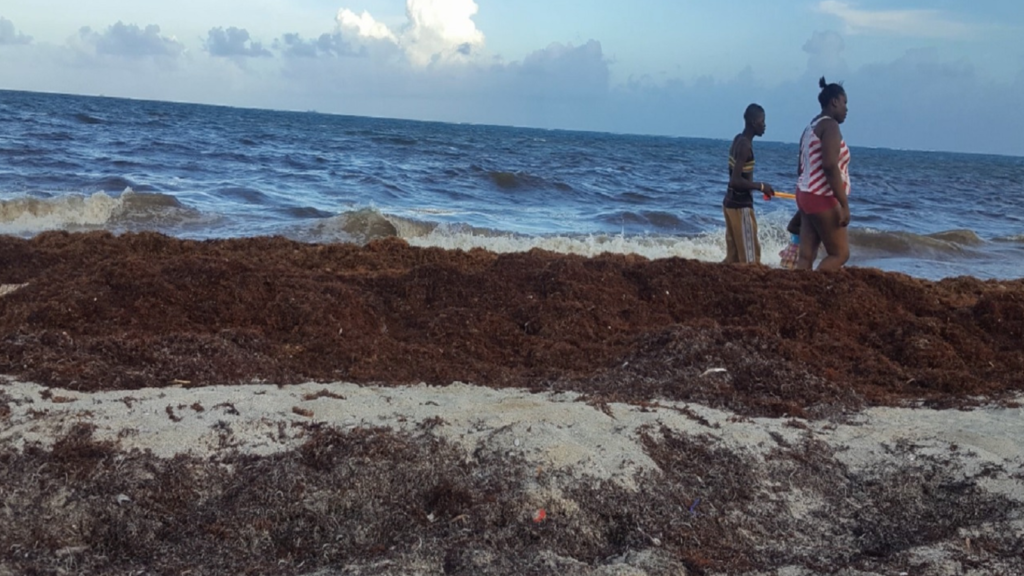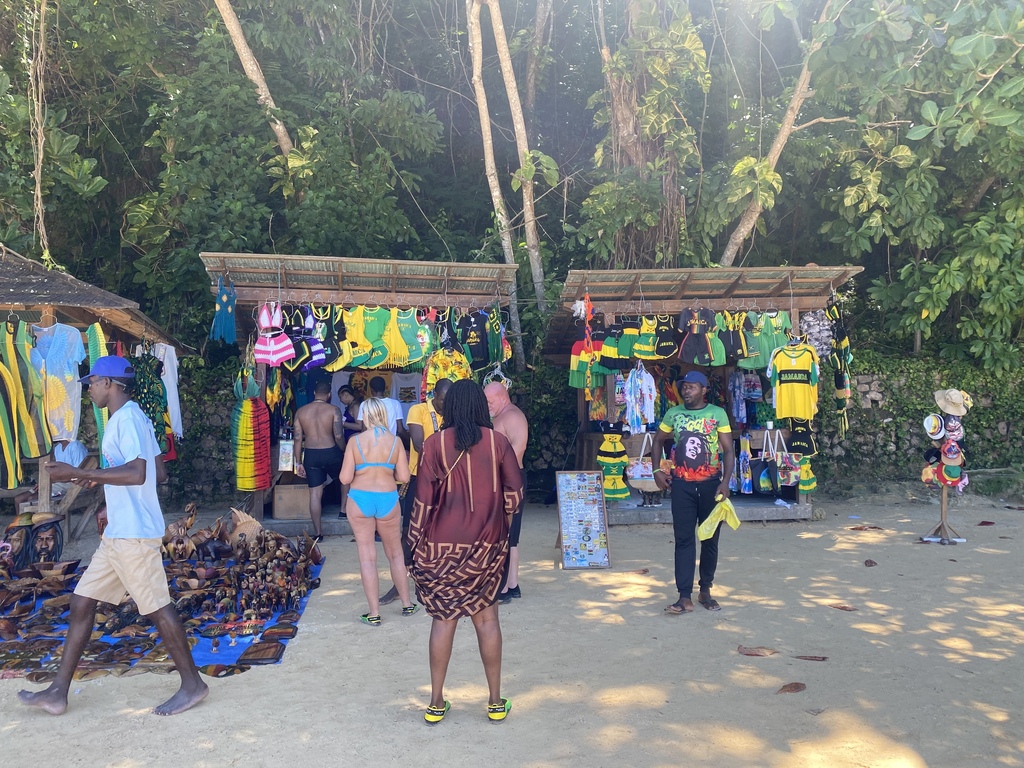The tourism sectors in both Suriname and Jamaica are increasingly impacted by climate change, with extreme weather events like prolonged droughts and intense rainfall disrupting traditional seasons and posing significant challenges. However, these challenges also present opportunities for growth and innovation. While Suriname grapples with developing its tourism industry, Jamaica’s sector is expanding rapidly. Yet, for both nations, the effects of climate change continue to loom large.
Changing weather patterns
In Suriname, Errol Gezius, Chairman of United Tour Guides of Suriname, has observed clear changes in weather patterns.
“I prefer to call it climate phenomena,” he emphasises, avoiding the term “climate change.”
Gezius noted a shift where distinct wet and dry seasons have become less predictable.
“Where we used to have clear wet and dry seasons, now we see seasons skipping each other. Droughts can be extreme, and the rainy season is so intense it seems never-ending.”
This mirrors the experiences in Jamaica, where tourists like Canadian traveller Donya Rashidi appreciate the constant sunshine but locals are increasingly concerned about the environmental impacts.

The period from 2022-2023 in Suriname notably lacked the usual short dry season, leading to prolonged rainfall. These changes have direct effects on the tourism sector. Rivers, normally navigable, dry up, making boat trips impossible. Heavy rains make forest hikes and river tours less appealing.
“During heavy rain, the interior is no longer exciting to visit. Rivers overflow, and waterfalls, normally impressive, become vast water areas,” Gezius explained.
Similar issues are faced in Jamaica, where local tourism is affected by dried-up rivers and landscapes destroyed by disasters, as noted by Rosalee Sawyers, a lecturer at the University of Technology Jamaica (UTECH) and programme director in the School of Hospitality and Tourism Management. She says this based on research conducted by herself. The research has not been published as yet, but she made an exception to share the information for this story.
Nature reserves
Nature reserves and tourist attractions, crucial for eco-tourism, are particularly affected in both countries. In Suriname, Bigi Pan, a wetland area, dried up last year, causing severe impacts on flora and fauna. Fish died, vegetation withered, and wildfires threatened wildlife.
In Braamspunt, sea turtles are losing their nesting grounds to erosion and rising water levels. In the Upper Suriname Area, once-magnificent waterfalls have dried up, diminishing their tourist appeal. According to a 2023 article by The Guardian, concerns are growing over the environmental impact of Jamaica’s coastal development boom, with critics warning of devastating impacts to the island’s biodiversity. These are seen as consequences of coastal development, including coral reef destruction, hurricane vulnerability, and sea level rise.
Sustainable development
Both Suriname and Jamaica recognise the need for sustainable development and adaptation to new climate conditions.
Gezius stressed the role of the government in Suriname: “We as tourist businesses can only take limited measures,” he said. An example is the temporary restoration of the slipway in Bigi Pan, damaged by drought, thanks to tourism organizations’ efforts. However, larger infrastructure projects, like dikes and water management, are beyond the sector’s scope.
Similarly, Sandals Resorts International in Jamaica emphasises renewable energy transition, energy efficiency improvements, and climate adaptation measures to minimise their environmental footprint while preserving high service standards. However, the hotel industry is often scrutinised for its role in contributing to climate change challenges in the region. Sandals, however, beams in their efforts to help conserve the environment.
“We are acutely aware of the increasing challenges posed by climate change in the Caribbean,” said Jervene Simpson, Senior Manager Public Relations at Sandals Resorts International.
Despite these challenges, there are opportunities for innovation. Rabin Boeddha, Director of the Directorate of Tourism at the Ministry of Transport, Communication, and Tourism in Suriname, remains optimistic about the sector’s growth. “We are heading in the right direction,” he said. “Our economic growth is partly due to the hospitality sector and the number of tourists visiting Suriname. We have taken important steps towards sustainability.”
This is echoed by Jamaica’s efforts to diversify tourism, focusing on eco-tourism, health tourism, and culinary tourism, as recommended by Sawyers. She noted that these are wise alternatives, considering the climate crises Jamaica faces, coupled with their heavy dependence on the sector.
Gezius sees potential for innovations in Suriname, such as building water reservoirs to supply villages and lodges in the interior during droughts. He suggests that the tourism sector can play a role in developing long-term plans with local communities.
“We might even consider alternative transportation methods, like using balloons or developing airline hubs in the interior to transport tourists more easily.” In Jamaica, the tourism industry continues to thrive despite challenges. Leah Robertson, a traveller from London, marvelled at Jamaica’s beauty during her stay at a luxury hotel on the north coast.
“It’s so beautiful here,” she said. “The culture, the people, the weather… the beaches are really so breathtaking.”

Jamaica’s Ministry of Tourism reported a record 4.1 million travellers in 2023, demonstrating remarkable success. However, Sawyers emphasises the need for more education on sustainability and climate change from a young age to ensure the long-term viability of the tourism sector.
Both Gezius and Boeddha in Suriname, and industry leaders in Jamaica, underline the importance of awareness and education. Sustainable tourism requires investment in the protection of nature areas and minimising the impact of climate change.
“We must choose sustainable tourism, sustainable agriculture, and the sustainable use of forest products,” said Gezius.
Climate change is no longer a distant issue for Suriname and Jamaica. The effects are felt throughout the countries, especially in the tourism sectors that depend so heavily on nature. Yet, there is hope. By working together, making sustainable choices, and seeking innovative solutions, the tourism sectors in both countries can not only survive but thrive in a changing climate.
As Boeddha rightly noted: “We are not where we need to be yet, but we are heading in the right direction.”
—
This collaborative story was originally published by Loop News Jamaica, with the support of the Caribbean Climate Justice Journalism Fellowship, which is a joint venture between Climate Tracker and Open Society Foundations.